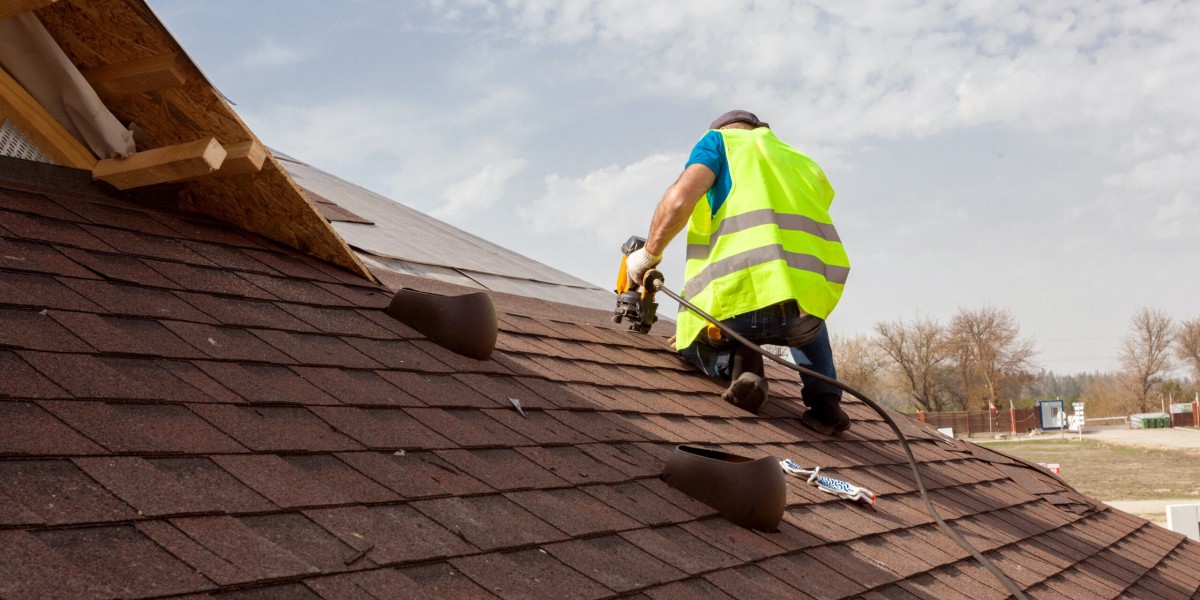Installing a new roof is a critical project that protects your home and boosts its long-term value. But many homeowners aren’t sure what the process involves. At Roofing Bournemouth, we believe in transparency. Here’s a step-by-step guide to what’s included in a professional roof installation.
1. Initial Inspection and Quote
Every roof installation starts with a thorough inspection of your current roof. We assess:
Roof structure and decking condition
Signs of leaks or water damage
Ventilation and insulation levels
This helps us create a tailored quote and recommend the best roofing solution for your home.
2. Removal of the Old Roof
Before installing your new roof, the old materials—such as tiles, slates, felt, or shingles—must be removed. This stage includes:
Stripping off all old roofing material
Disposing of debris responsibly
Exposing the roof deck for further inspection
Our Roofing Bournemouth team handles this carefully to prevent damage to the structure underneath.
3. Inspection and Repair of the Roof Deck
With the old covering removed, the next step is checking the decking (the wooden surface beneath). If we find rot, moisture, or weak spots, we repair or replace affected sections to ensure a solid foundation for the new roof.
4. Installation of Underlayment
Underlayment is a waterproof or water-resistant layer that provides extra protection against leaks. It’s applied directly to the decking and acts as the first line of defence from rain, wind, and snow.
Common underlayment options include:
Breathable membranes
Bitumen felt
Synthetic underlayment
5. Flashing and Waterproofing Features
We install flashing around critical areas such as:
Chimneys
Skylights
Vents
Valleys
Flashing is typically made from metal and prevents water from seeping into gaps where the roof joins other parts of your home.
6. Fitting the New Roofing Material
Once the protective layers are in place, we install the roofing material you’ve chosen, such as:
Concrete or clay tiles
Natural or synthetic slates
Flat roof materials like EPDM or GRP
Roofing Bournemouth works with quality materials to ensure durability, appearance, and weather resistance.
7. Ridge Caps, Ventilation & Detailing
We finish the installation with details that enhance performance and appearance:
Ridge caps to cover the roof peak
Roof vents to improve airflow and prevent condensation
Guttering adjustments if required
These final touches help the roof function efficiently for years to come.
8. Site Clean-Up and Final Inspection
Once the roof is complete, we:
Remove leftover materials and debris
Clean up your property
Conduct a final inspection to ensure everything meets safety and performance standards
Your property will be left neat, safe, and protected with a brand-new roof.
Final Thoughts
A roof installation is more than just laying tiles—it’s a multi-stage process that requires planning, precision, and professional care. At Roofing Bournemouth, we manage the entire process from start to finish with quality and reliability at the core. Need a new roof in Bournemouth or nearby? Call Roofing Bournemouth today on 01202 119113 for a free consultation and expert service.








